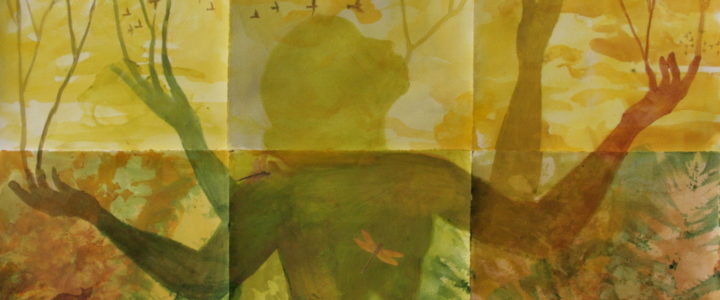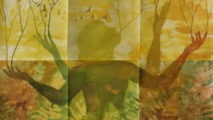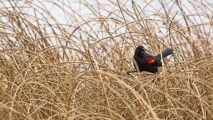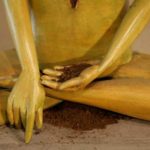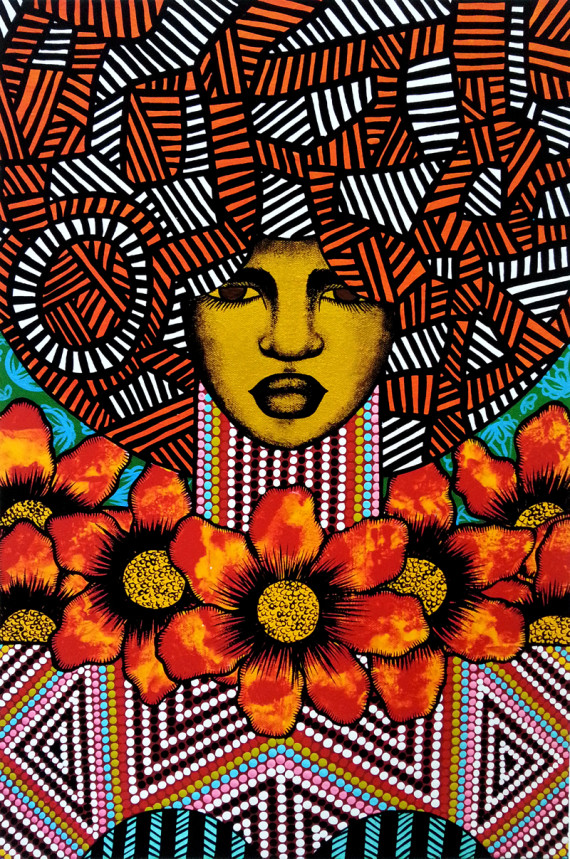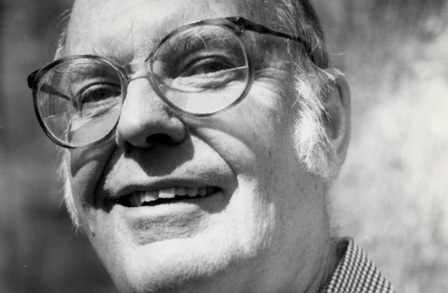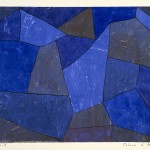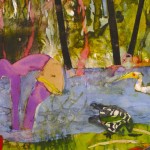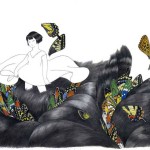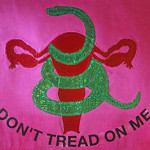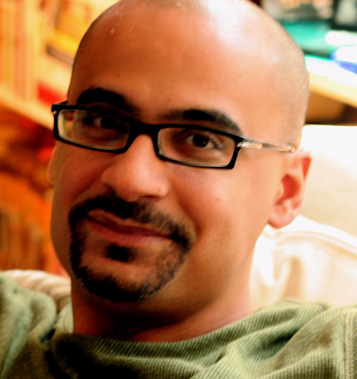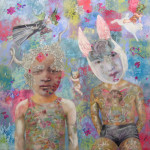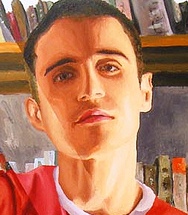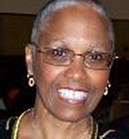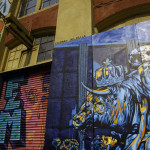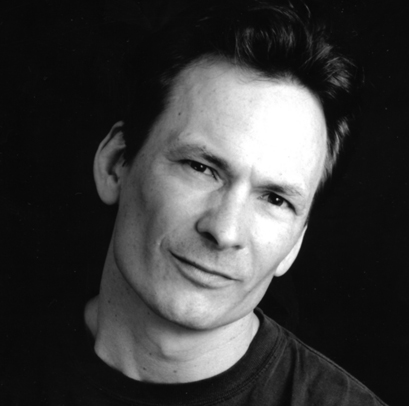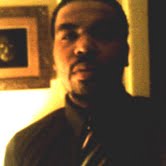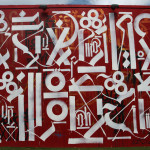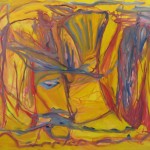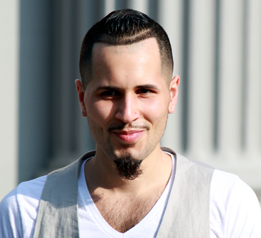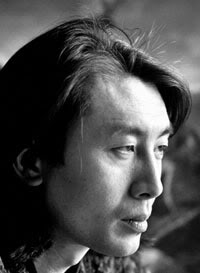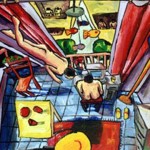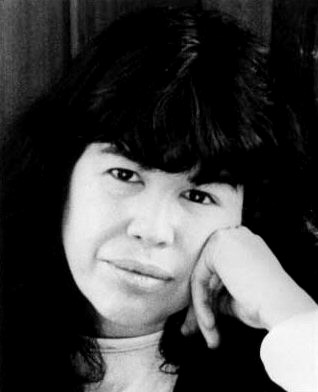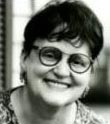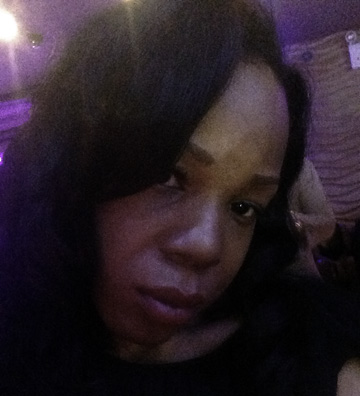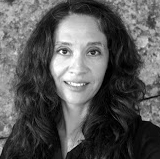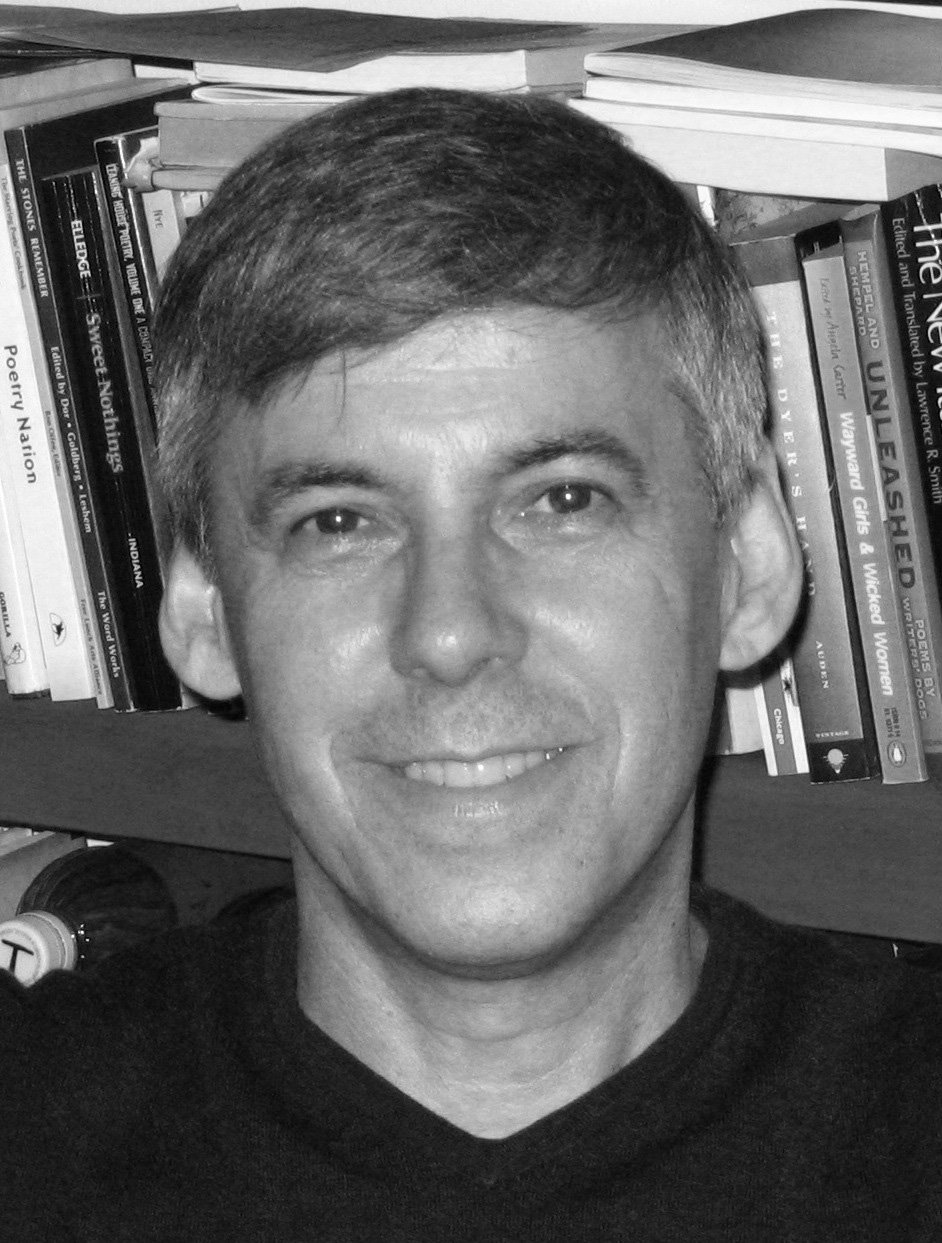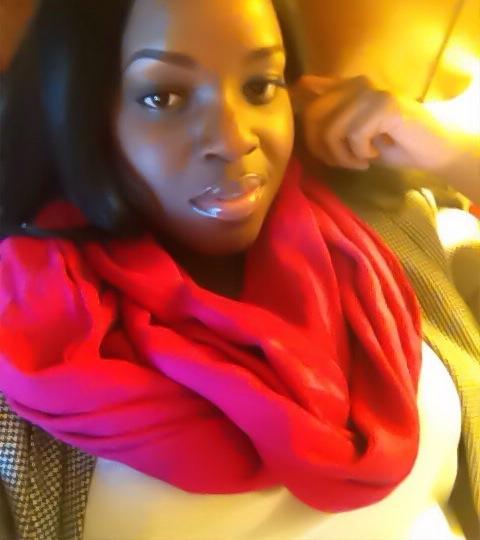Upon rising, the sun sends its rays and warmth down into the roots and soil, down into the earth. And across the surfaces on this side of sunup. Its reflection strikes the glass windows and shoots glowing rainbow hues and diamond-shaped patterns of sunlight that shine through my white sheer curtains and directly onto my face. I feel kissed by the sun and gifted with by its fiery beauty. While getting out of bed, I consider myself lucky and send my gratitude back into the earth and my praises to the sun. Some might think I am crazy to give salutations to the sun, but without this sun, life simply wouldn’t exist and neither would my beloved plants. I am so consumed with the glowing scenery and my mantras of gratitude that I overlook the coldness I feel in my chest. A weight also sits heavy in my sinuses and under my eyes and in the throbbing aches that move across my skull. A light bulb moment lights my head and I march straight to the kitchen. Though my brain is steps ahead of my body, I am downloading the information into my skin–into my finger tips. It doesn’t matter how many times I pick it up, the weight of the mortar and pestle always catches me off guard. I hold the pestle before my eyes and study its cylindrical shape for a moment, before pushing it absently down onto the smoothness of marble bowl, then find myself laughing when I realize the mortar is still empty. My mission has just begun. I aim my index finger and, moving it in a small circular motion, extend my arm out completely so it points to the door. I mimic a Tik Tok: and intone “TO THE GARDEN!”
Finding the drama of this gesture amusing, I stride cheerfully outside to my backyard. It has a pungent and fresh herbal smell, mixed with sweetness and earthiness. I grab turmeric, limes, a bit of ginger and a handful of linden leaf and cinnamon from my drying station. I grind my herbs together and place them into an empty tea bag, and add the rest of my ingredients into my tea pot.
In an article “Herbal and Synthetic Drugs: A Comparison,” written by Joel Albers, who is a compounding pharmacist and author, Alders states, “Herbs are medicinal plants (also called phytomedicines) that can be administered as the whole plant or plant parts or by extracting one or more ingredients with solvents to yield tinctures, tea or other extracts. Synthetic drugs (what the drug industry calls “pharmaceuticals”) are synthesized chemically in the laboratory to produce drugs not found in nature. One quarter of these drugs used in the U.S. are derived from plants (i.e., opiates, digitalis, Taxol) by extracting the active ingredient from a plant, replicating its structure in the lab and mass-producing it.” Since I’ve started my journey of becoming an herbalist I always try to educate and convert people over to this new way of living. At times I feel like I’m Jehovah’s Witness knocking on their doors and handing out pamphlets. I’d tell my sister that I have Red Raspberry Leaf tinctures for her cramps and Neem oil as a possible replacement for her birth control. I’d tell my mother I have feverfew capsules and peppermint balms to replace her blood thinning aspirin. But, with their sighs of irritation and the ignoring the my knocking and ringing of the bell, I often feel like a disregarded outsider, waiting for someone to open that door, waiting for someone to just come and talk to me and listen with an open mind.
Most of all I fantasize that everyone would take their health into their own hands instead of putting it into the system’s hands. According to the National Cancer Institution they defined Westernized Medicine as “a system in which medical doctors and other healthcare professionals (such as nurses, pharmacists, and therapists) treat symptoms and diseases using drugs, radiation, or surgery. Also called allopathic medicine, biomedicine, conventional medicine, mainstream medicine, and orthodox medicine.” These practitioners basically only treat the symptom. I refer to it as a Band Aid because it masks the problem and, more often than not, you’re given a synthetic drug with major side effects that leads to other health problems. However, Herbalism doesn’t work the same way. Instead, we focus on creating homeostasis. By using herbs, eating healthy, modifying behaviors and stressors because the body has a natural desire to heal itself. We have to get back to our roots. It doesn’t matter what’s causing the symptoms. Simply put, if we want a solution and actually want to heal, we have to go deeper to find the root of the problem. There’s nothing created in a lab that is more powerful than nature.
As I grind my herbs together, they create a golden color that is similar to the sun, the giver of life.
La’quwajah Fulton graduated with a Creative Writing degree from Bloomfield College and is a lover of the sun, herbs and words.